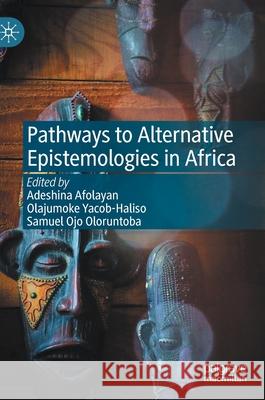Pathways to Alternative Epistemologies in Africa » książka
topmenu
Pathways to Alternative Epistemologies in Africa
ISBN-13: 9783030606510 / Angielski / Twarda / 2021 / 240 str.
Pathways to Alternative Epistemologies in Africa
ISBN-13: 9783030606510 / Angielski / Twarda / 2021 / 240 str.
cena 524,53
(netto: 499,55 VAT: 5%)
Najniższa cena z 30 dni: 501,19
(netto: 499,55 VAT: 5%)
Najniższa cena z 30 dni: 501,19
Termin realizacji zamówienia:
ok. 16-18 dni roboczych.
ok. 16-18 dni roboczych.
Darmowa dostawa!
Kategorie BISAC:
Wydawca:
Palgrave MacMillan
Język:
Angielski
ISBN-13:
9783030606510
Rok wydania:
2021
Wydanie:
2021
Ilość stron:
240
Waga:
0.45 kg
Wymiary:
21.01 x 14.81 x 1.6
Oprawa:
Twarda
Wolumenów:
01
Dodatkowe informacje:
Wydanie ilustrowane











